Judges Denounce PR Federal Prosecutors for Using False Evidence Provided by

Even though one of the reasons for the US Justice Department to place the Puerto Rico Police Department under receivership was to avoid the fabrication of cases by agents to process citizens illegally, a series of rulings from the US District Court of Puerto Rico reveal that the federal prosecution has occasionally used police officers who lied to process people illicitly.
In the cases identified by NotiCel, the perjury or ‘inconceivable’ testimony issued by the police officers has not prompted the withdrawal of these cases, nor has it resulted in the indictment of these agents for lying or deceiving the prosecutors.
Furthermore, the US Attorney’s Office for the District Puerto Rico has also been the object of severe reproach on behalf of the judges in the Court of Appeals in Boston, due to their improper conduct in infringing upon the constitutional rights of the accused.
In response to NotiCel’s joint investigation with the program ‘Jay y sus Rayos X’, the head of prosecution, Rosa Emilia Rodríguez Vélez, downplayed the accusations, stating that ‘[i]t would be inappropriate of us to take part in an interview to comment on the rulings issued by the court and judges of this district and of the First Circuit.’
‘When our office manages criminal cases, it is subject to hundreds of court rulings a year, which we must respect and follow. Selecting decisions based simply on the court’s review of certain specific cases does not in any way represent the history of convictions obtained in court by our prosecutors,’ said Rodríguez Vélez, who used to be a state prosecutor before becoming a federal prosecutor.
But the questionable conduct incurred by the prosecutors is far from being an isolated case. At the very least, all four of the magistrates serving in the US District Court of Puerto Rico—as well as one judge and a panel of appellate judges—have pointed out veracity issues in the testimonies used by the prosecution, as well as inappropriate conduct on behalf of these prosecutors.
Overall, the judicial statements show that there are instances where constitutional rights have been violated within the most powerful criminal investigation agency in the island. They also highlight that the federal prosecution in the island has spent 20 of the last 24 years in overseeing people who have not undergone the regular process of presidential appointment and approval by the US Senate. Instead, the federal heads of prosecution have stayed in power by the sheer decision power of the district judges, who have not taken any evident action in spite of the long record of excesses against the federal prosecution.

Fabulists
After an individual is arrested by federal agents, they appear in court, and that is the first turn for the defense attorneys to challenge the evidence, which usually consists of accounts offered by agents of the Puerto Rico Police Department and items seized through search warrants.
NotiCel has compiled court rulings that, at least since 2015, raise red flags regarding misleading statements issued by police officers.
In a case that was continued because there was additional evidence, aside from the questionable statements made by the police officers, Magistrate Judge Silvia Carreño Coll said:
‘I cannot help butpoint outthat the United States Attorney’s Office is meant to act in the public’s bestinterests. I do not believe the public’s interest is served, however, by the Government’s promotion of and reliance upon perjurers or fabulists; this is only more true when the perjurer is himself a public official, cloaked in the state’s prestige. It is thus disheartening to see the Government continue to put its imprimatur on Agent Ortiz’s falsehoods, because it suggests that Agent Ortiz, and others like him, will continue to take a perverse lesson from their actions: that official acts of dishonesty carry with them no consequences—not reprimand, not termination, not prosecution—so long as they are committed in the Government’s interest. This is a sorry state of affairs, and one in which the Government should take no pride.’
In 2016, in a case where Judge Jay García Gregory sustained the suppression of evidence, Magistrate Judge Marcos López stated:
‘Thus, given these timelines, the testimony of Ortiz—a third party with no alleged motive to be less than truthful—and reliable documentary evidence, officer(Carlos R.) Torres (Anaya) did not explain this inconsistency or explain any deviation in the time reported in the search warrant. The court therefore finds by a preponderance of the evidence that the statements in the affidavit supporting the search warrant regarding investigations on May 29, 2015 were made in intentional or reckless disregard of the truth.’
Also in 2016, in a case of alleged possession of illegal weapons—which is still pending review—Magistrate Judge Camille L. Vélez Rivé found that:
‘To believeofficer (Santiago) Aguila (Rodríguez) would have us to conclude that he has ‘bionic’ vision, was not affected by the glare at that time of a sunny day, and that he was at a ‘perfect’ angle and in a privileged position. This is simply impossible to believe. If more were needed, suffice it to say that ‘judges are [not] required to divorce themselves of common sense,’ whereas here, an explanation is inherently unbelievable.’
In an exceptional case that was dismantled by the prosecution after finding that the police officers had rigged the security cameras, Magistrate Judge Bruce McGiverin said:
‘Because (municipal police officer Luis) Burgos (Nieves) testified to four conflicting, irreconcilable accounts of the manner in which he received the report from the anonymous tipster, I find under the preponderance of the evidence that Burgos knowingly and intentionally stated falsely—or, at the very least, stated with reckless disregard for the truth—that he received a report from an anonymous tipster.’
In upholding this ruling by Magistrate Judge McGiverin, a ruling by Judge Gustavo Gelpí, who is in charge of the Police Reform case, states:
‘Inasmuch as federal prosecutions increasingly rely on the actions of local law enforcement personnel, there is thus every more reason to require said officials to act in utmost accordance with federal constitutional standards. This requires the police officer at all times to provide truthful testimony, as well as observe the very mandates of the Fourth Amendment. There is simply no other route.’
‘Highly Experienced’ Judges Have Lost Patience with the Prosecution
Aside from these statements regarding the use of less-than-truthful testimonies from police officers, the prosecution has also been criticized for actions that have been deemed unethical, such as improper expressions made to the juries. This year, in a case that, against all odds, was resolved in favor of the prosecution, Judge Sandra Lynch of the First Circuit Court of Appeals in Boston issued some clear and strong-worded opinions about this pattern of conduct.
‘You have a series of highly experienced judges who have spent decades dealing with Puerto Rico’s cases, and the inappropriate arguments from the federal prosecution and the Puerto Rico Department of Justice is a recurring issue. So seeing you stand there and say, ‘No, we are not admitting it was a mistake’ makes us even more concerned about the inappropriate conduct on behalf of the office you represent,’ Lynch told the attorney defending the federal prosecution in the hearing.
‘We have cases that for 20, 30 years have made this argument time and time and time again,’ she emphasized.
The ‘Most Powerful’ Investigation Agency
The seriousness of these remarks gains even more prominence when taking into account that what is under review is the actions of the most powerful law and order agency in Puerto Rico.
‘The strongest and most affluent, powerful, and sophisticated law and order agency in the history of humanity isthe government of the United States, it is the US Attorney’s Office. If you compare that with what’s happening in terms of finances at the local government level, with the local police, there’s just no comparison,’ remarked Eric Vos, Chief Federal Public Defender. His office is tasked with advocating for federal defendants who, in 90% of cases, prove they are destitute and cannot afford their own private defense.
One of these defendants was Francisco (name changed to protect identity), who was accused of trafficking drugs and firearms based on the testimony provided by a police officer. Through scientific evidence, it was proved that the police officer’s cell phone signal was coming from a different municipality thanthe one he had allegedly been when compiling evidence to arrest Francisco.
Although Francisco’s attorneys were able to accurately strike down the police officer’s testimony with this evidence, the man decided to plead guilty, because the prosecution, instead of withdrawing the case and releasing him, opted to carry on, all the while making him an irresistible offer in exchange for pleading guilty.
‘In federal law, if you go to trial and are found guilty, what the judge says is what goes. Sad to say, but the amount of years I was going down for was not reasonable. I had to compromise and plead guilty to be able to go on probation,’ the man said in an interview with NotiCel.
The American Civil Liberties Union (ACLU) was one of the groups promoting federal action, and they find it contradictory that US Justice Department is upholding the Police Reform on one side, while also using false testimonies from police officers to process their criminal cases.
‘If the federal prosecution decides to ignore this situation, it creates an environment of impunity within the Police Department. It generates mistrust among the population, which will have immense consequences in the due process of law for those that have been accused and are liable to serve their sentences illegally,’ responded ACLU attorney Josué González.
‘The federal prosecution in Puerto Rico should be very careful when processing criminal cases. They should look closely at the accounts given by these police officers, and ensure in every possible way that they are accurate and truthful, because it could affect the freedom of a lot of people,’ he concluded.
*First piece of an investigative series, in partnership with the program ‘Jay y sus Rayos X’.
To read the court rulings cited in the article, click on the links below.
Case of magistrate Silvia Carreño_26567
Case of magistrate Marcos López _26568
Case of magistrate Bruce McGiverin_26569
Popular ahora

Bienvenido a Noticel
Empieza a crear una cuenta
Verificación de cuenta
Te enviaremos un correo electrónico con un enlace para verificar tu cuenta. Si no lo ves, revisa tu carpeta de correo no deseado y confirma que tienes una cuenta vinculada a ese correo.
Has olvidado tu contraseña
Introduce el correo electrónico de tu cuenta y te enviaremos un enlace para restablecer la contraseña.
Has olvidado tu contraseña
Le hemos enviado un correo electrónico a {{ email }} con un enlace para restablecer su contraseña. Si no lo ve, revise su carpeta de correo no deseado y confírmeme que tiene una cuenta vinculada a ese correo electrónico.
Personaliza tu feed
Verifica que tu dirección de correo electrónico sea correcta. Una vez completado el cambio, utiliza este correo electrónico para iniciar sesión y administrar tu perfil.
Elige tus temas
- Deportes
- Economía
- El Tiempo
- Entretenimiento
- Más
- Noticias
- Opiniones
- Última Hora
- Vida y Bienestar
- Videos y Fotos

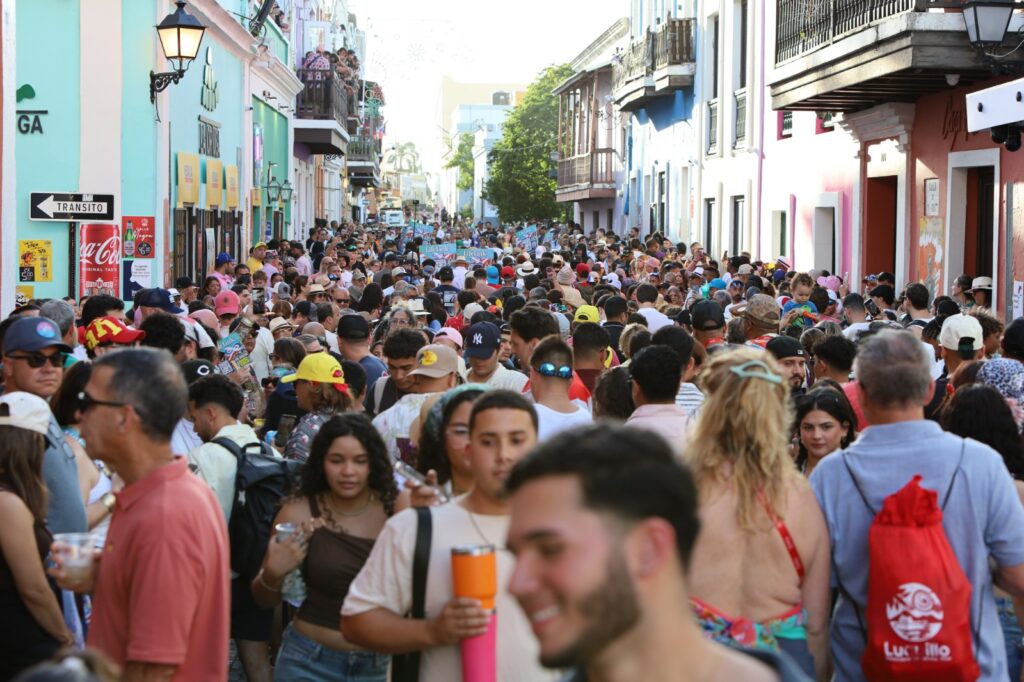
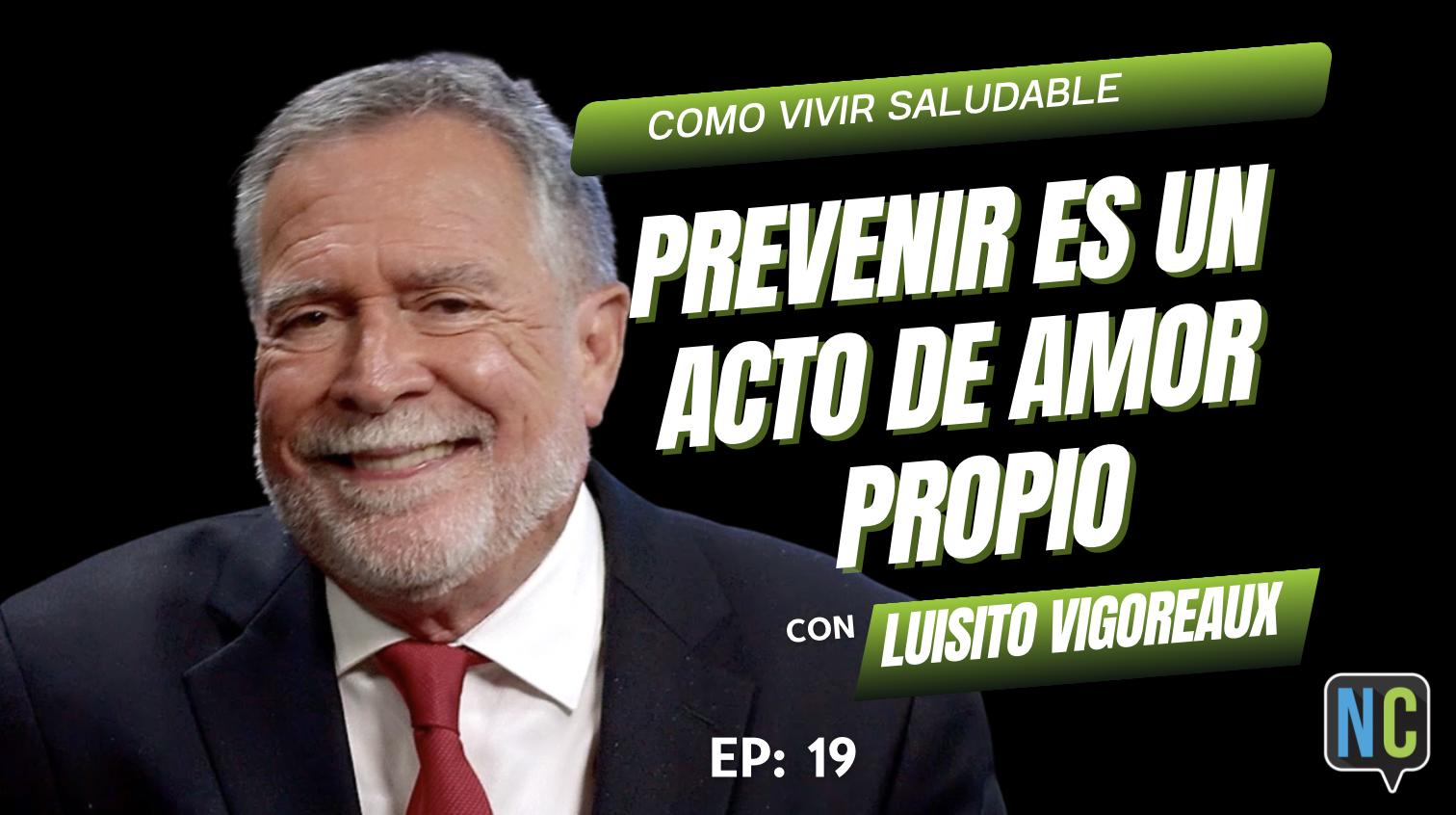
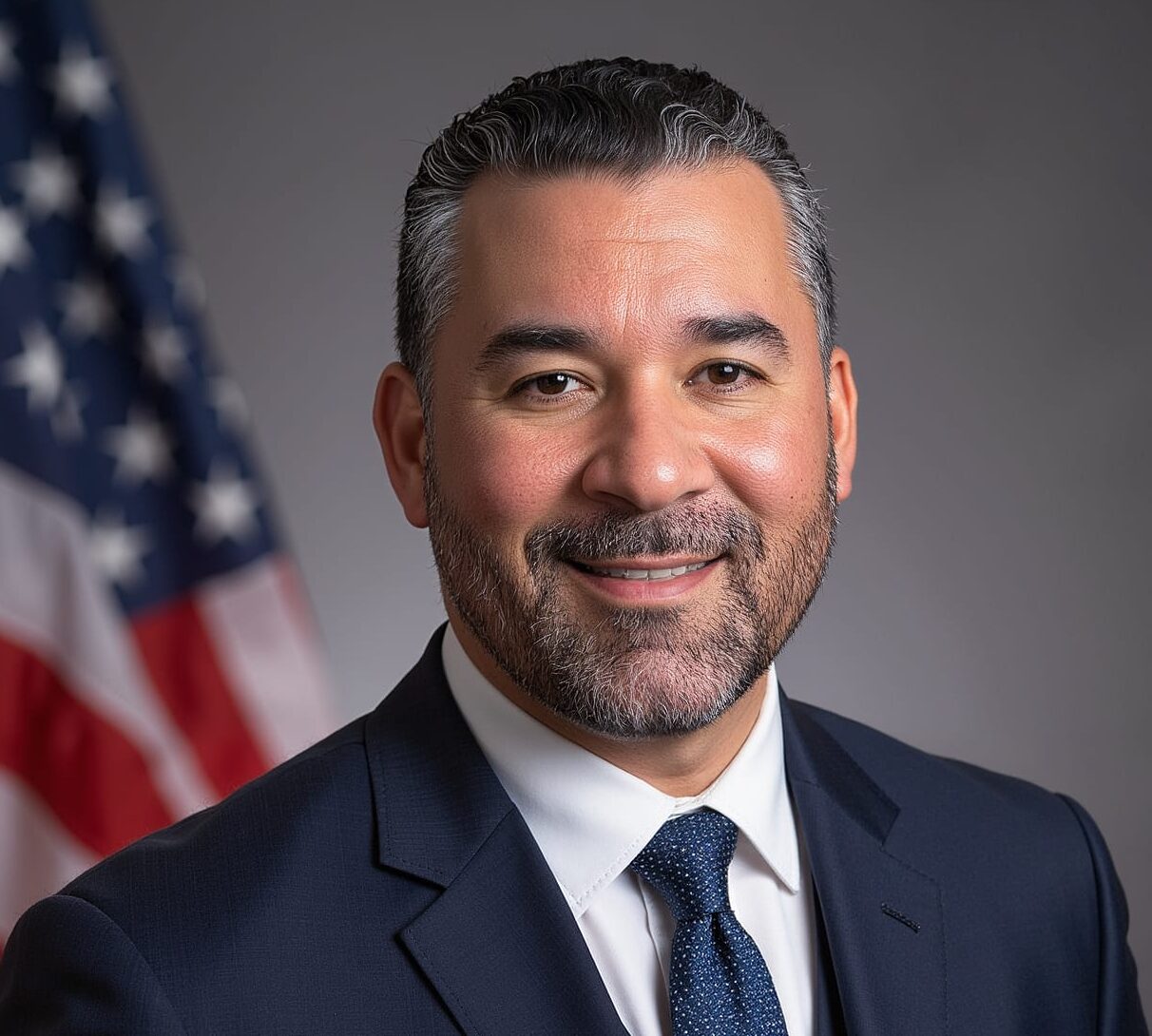


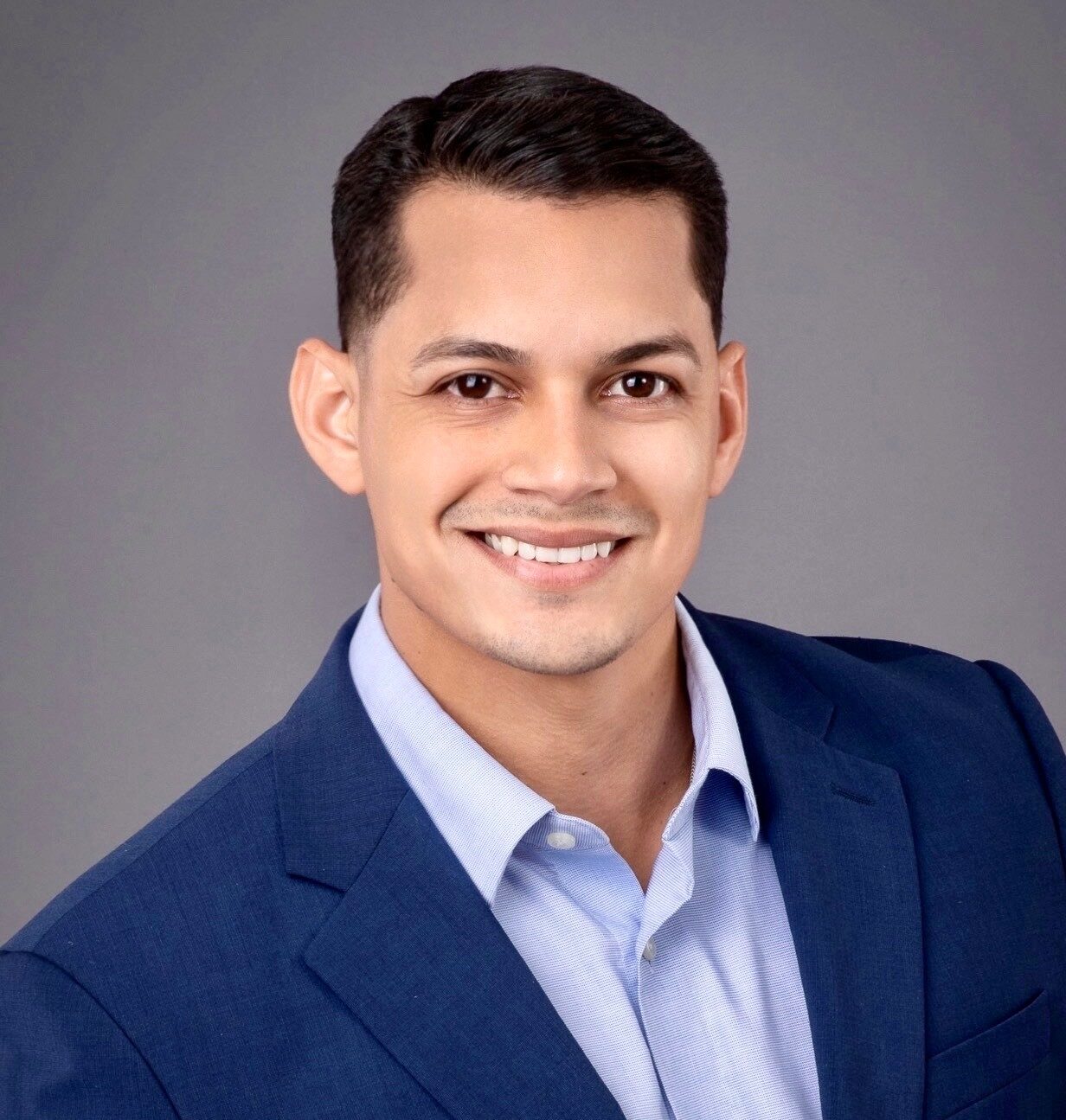
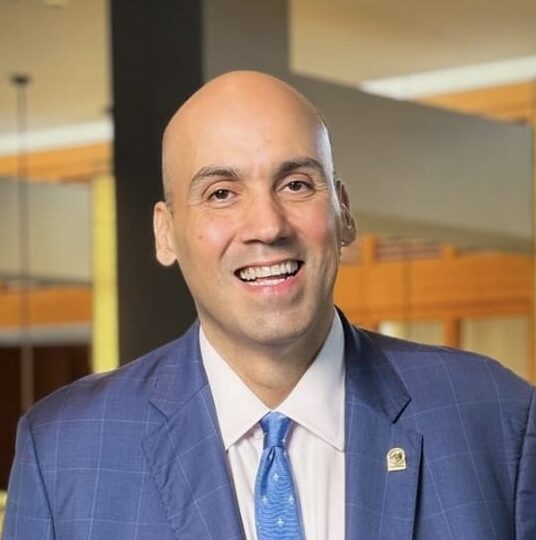
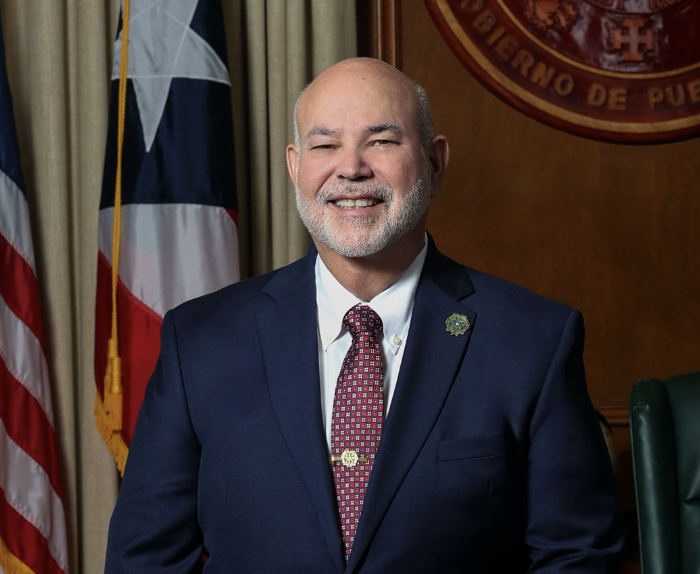
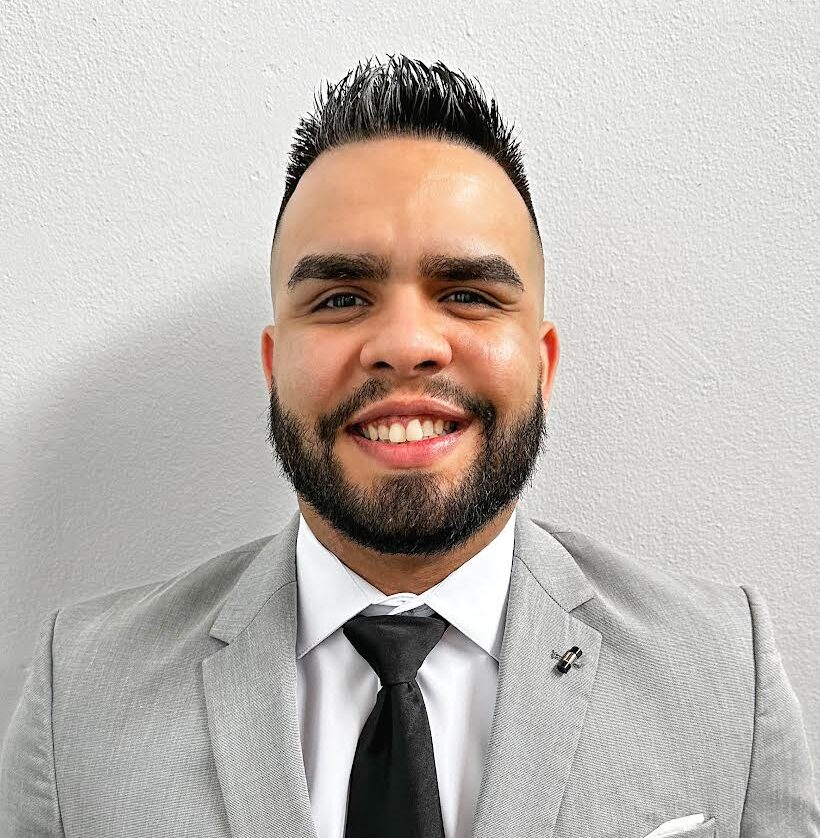
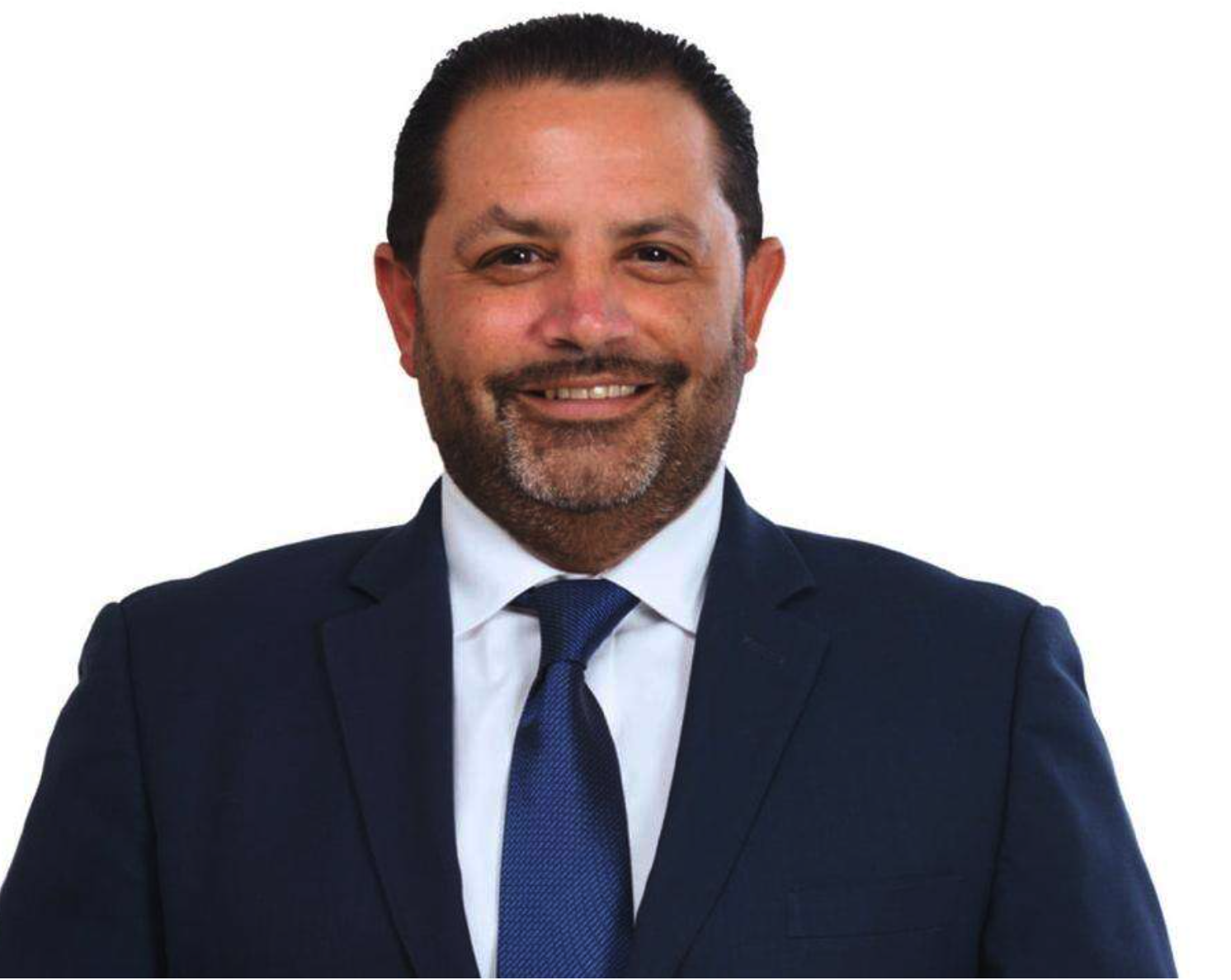

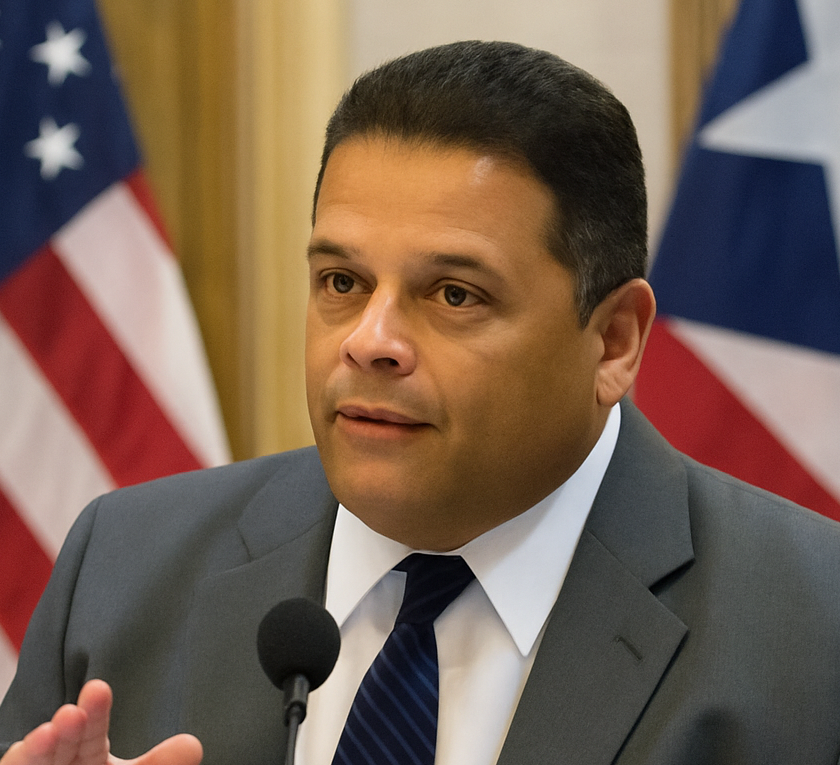



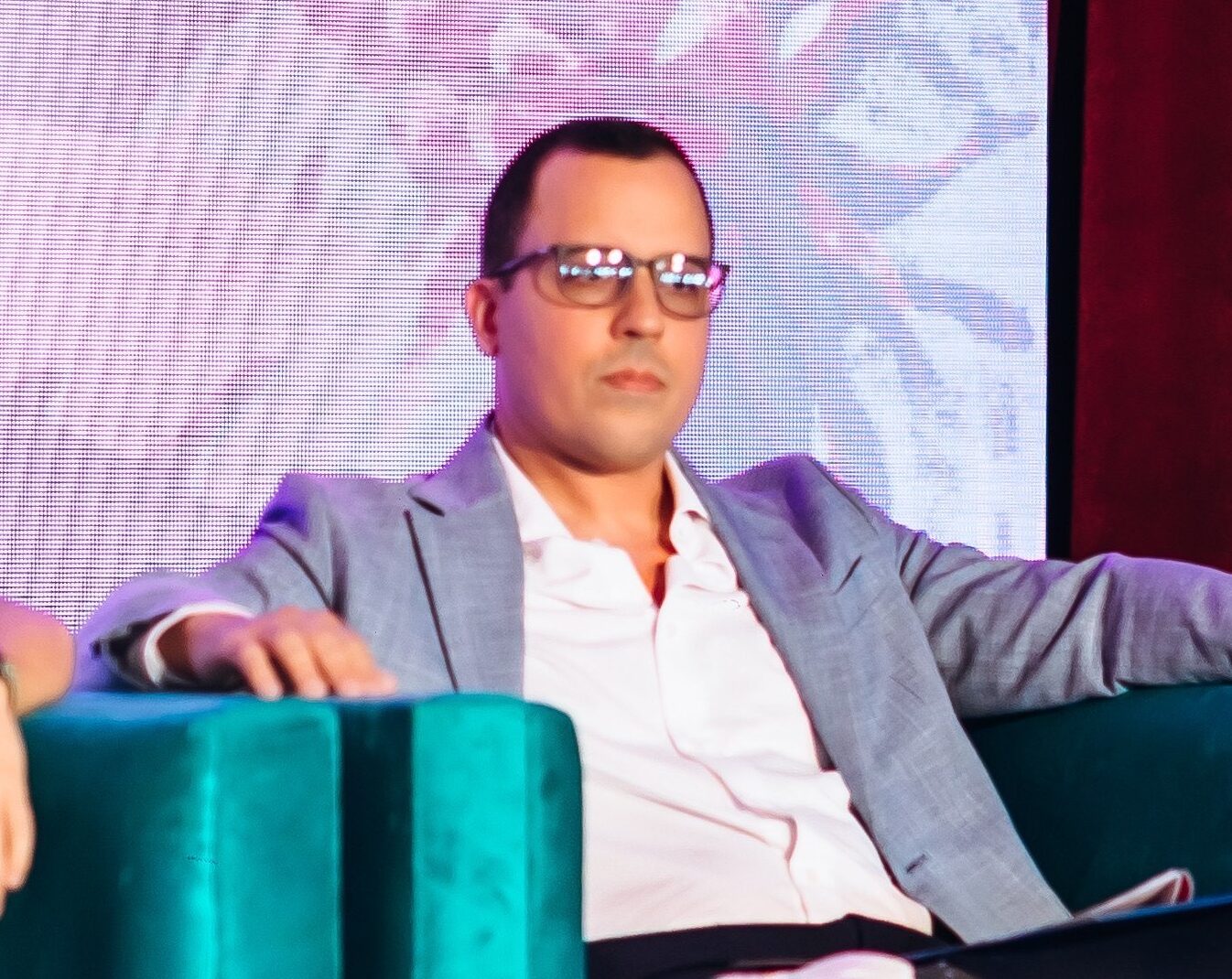

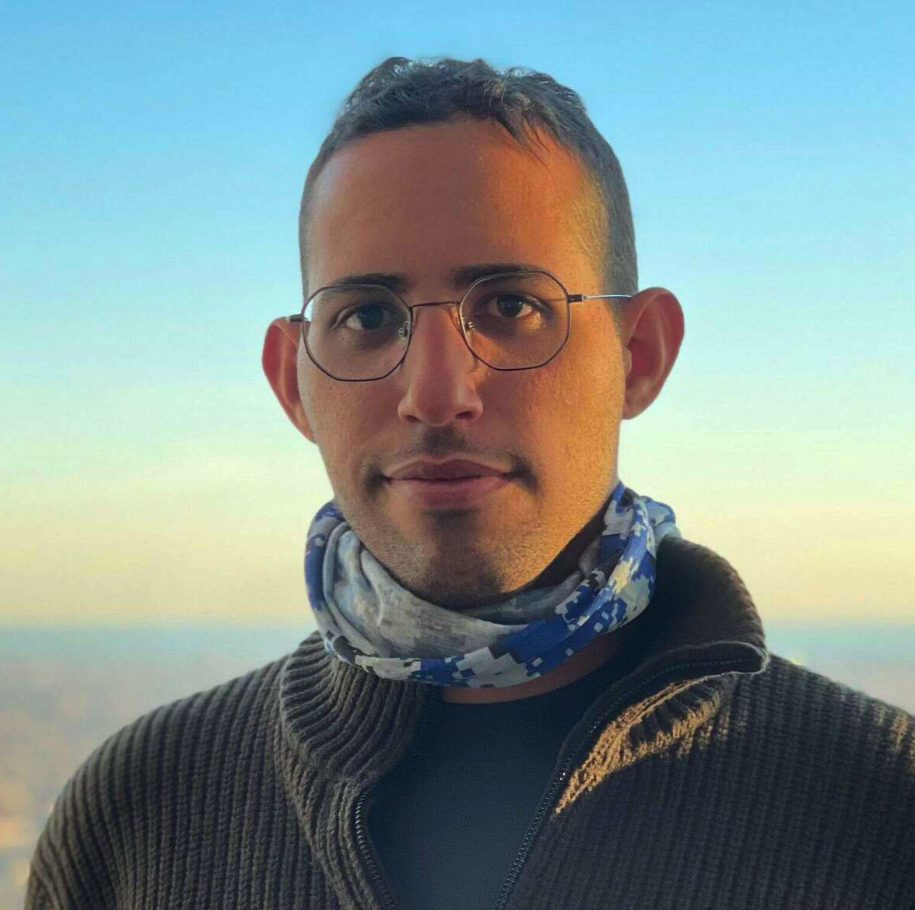


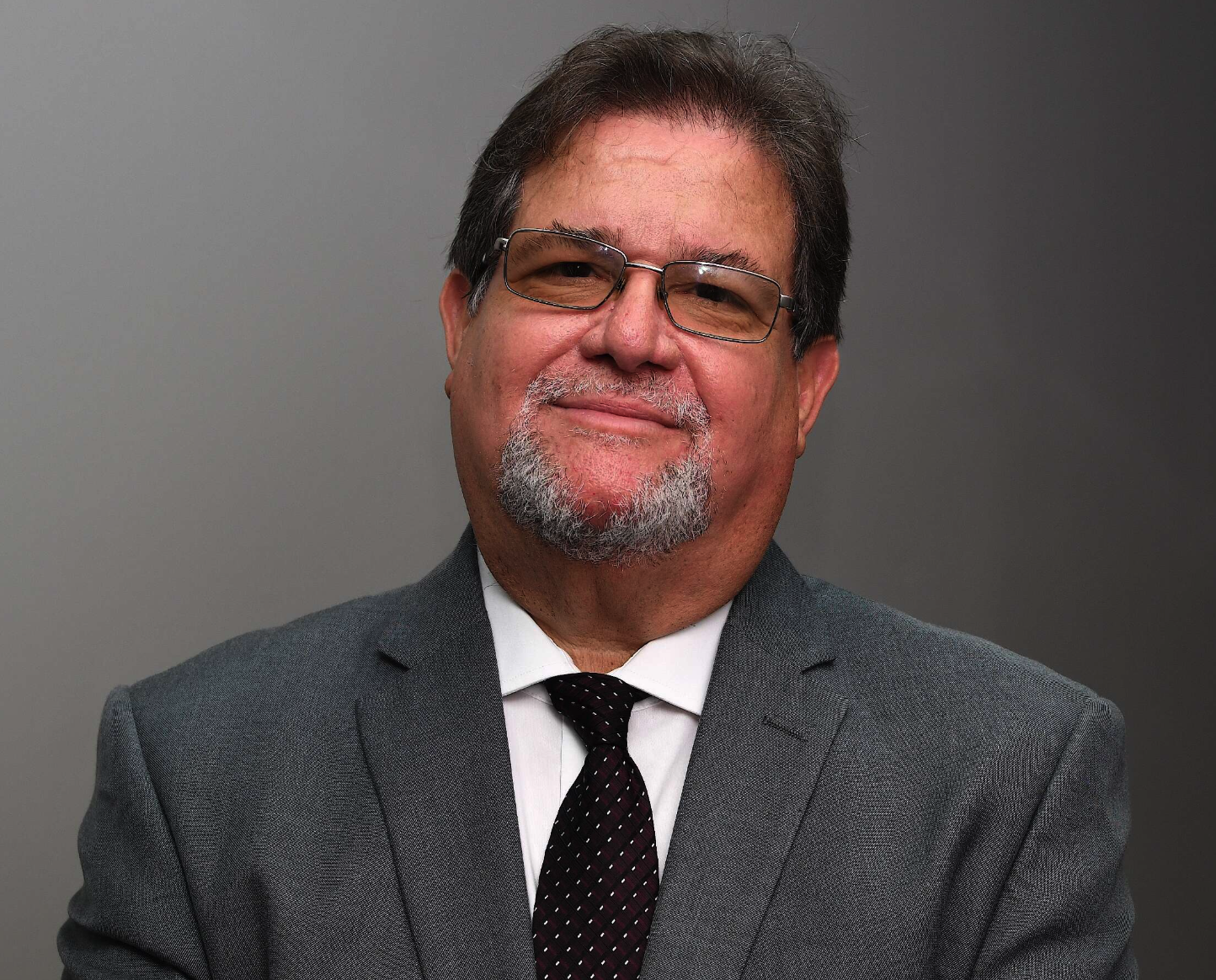
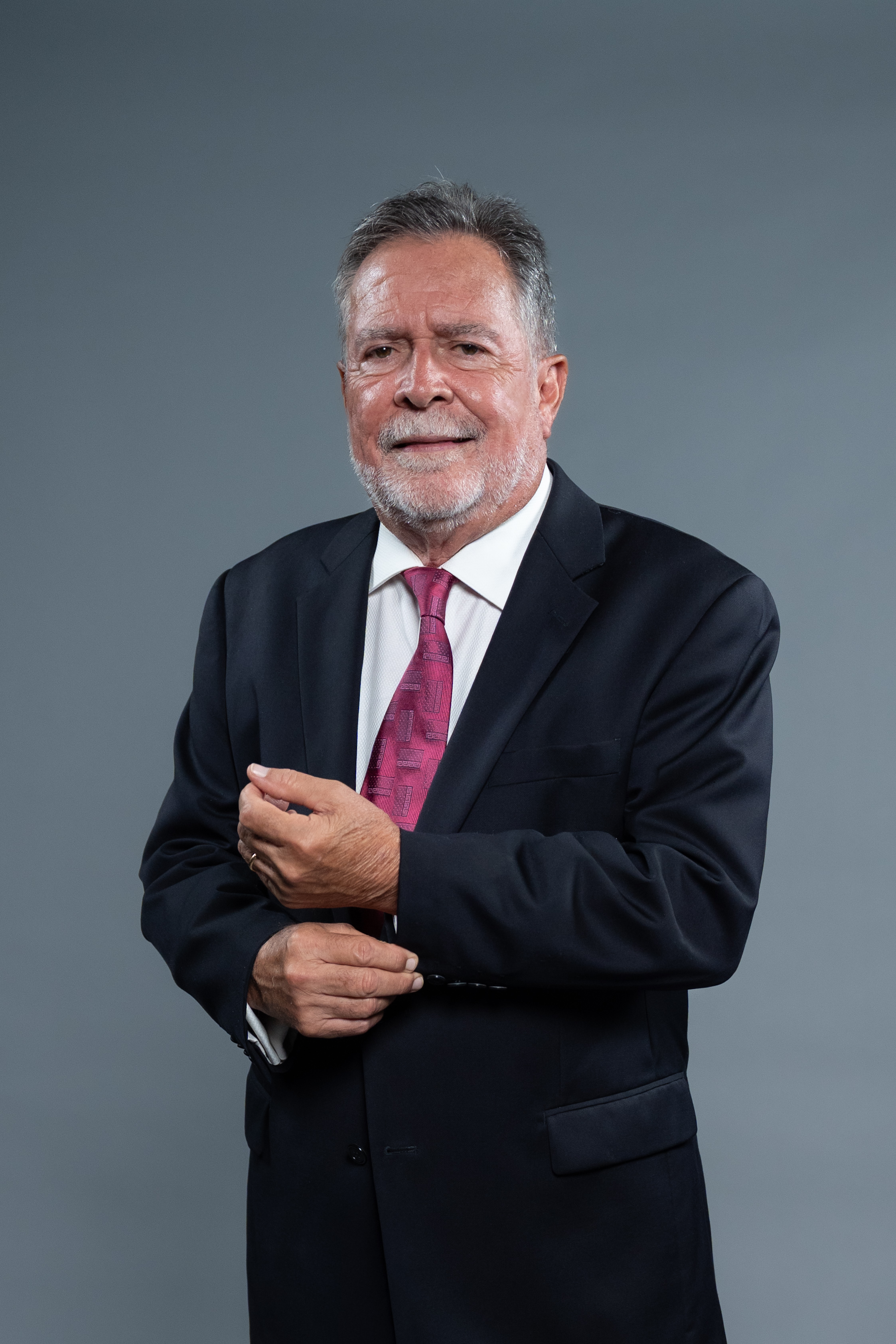
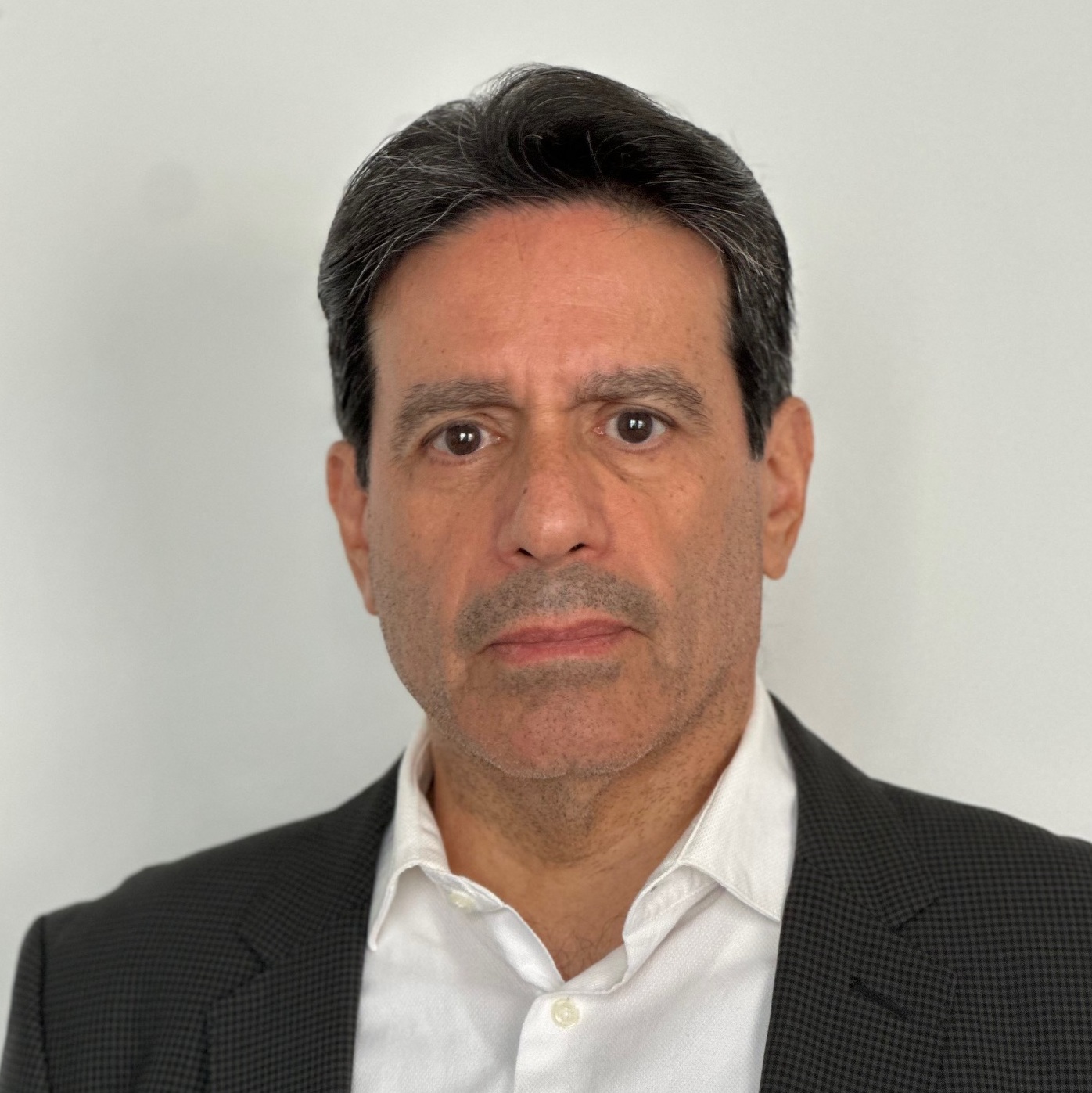
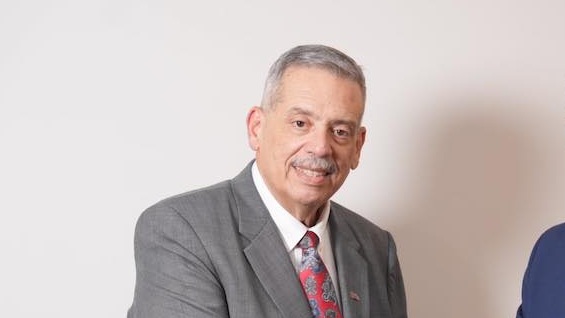
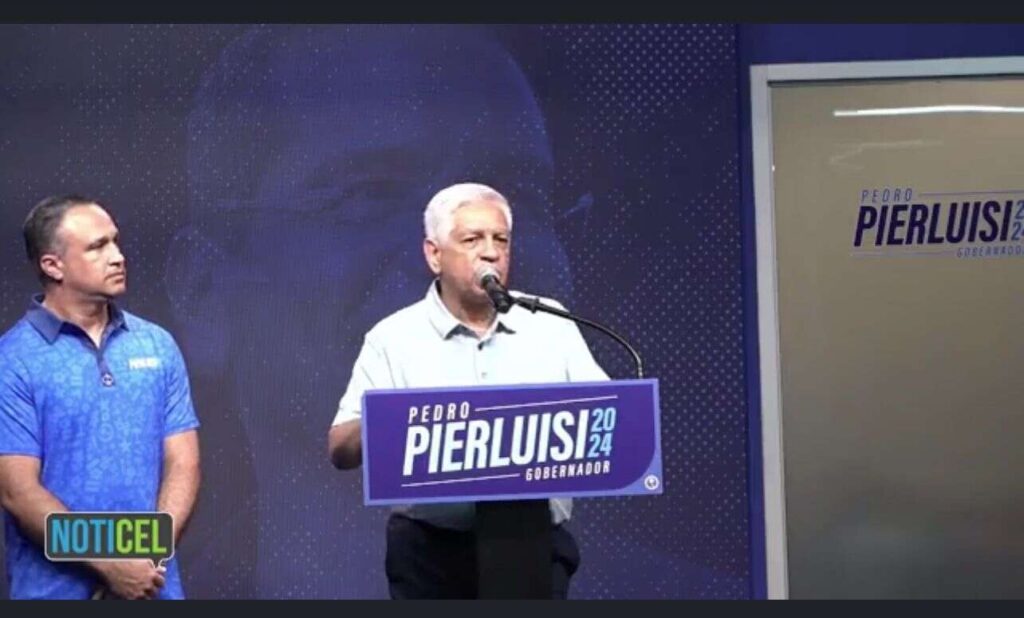
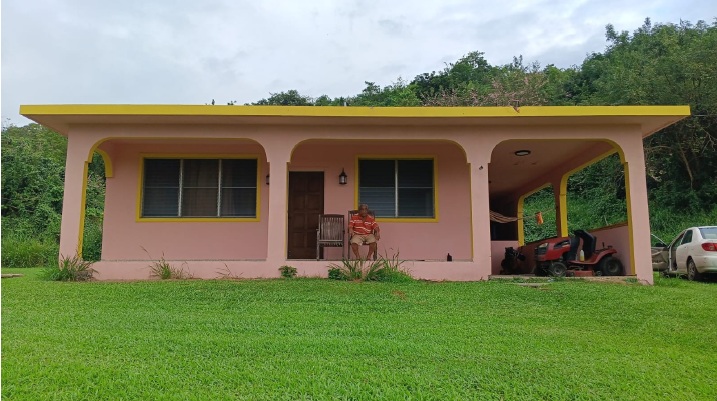

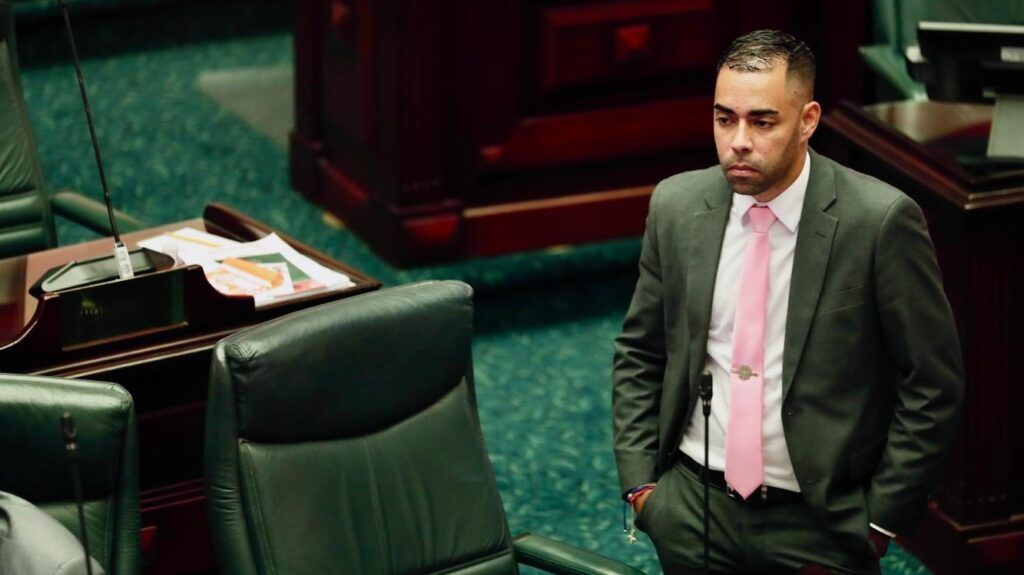




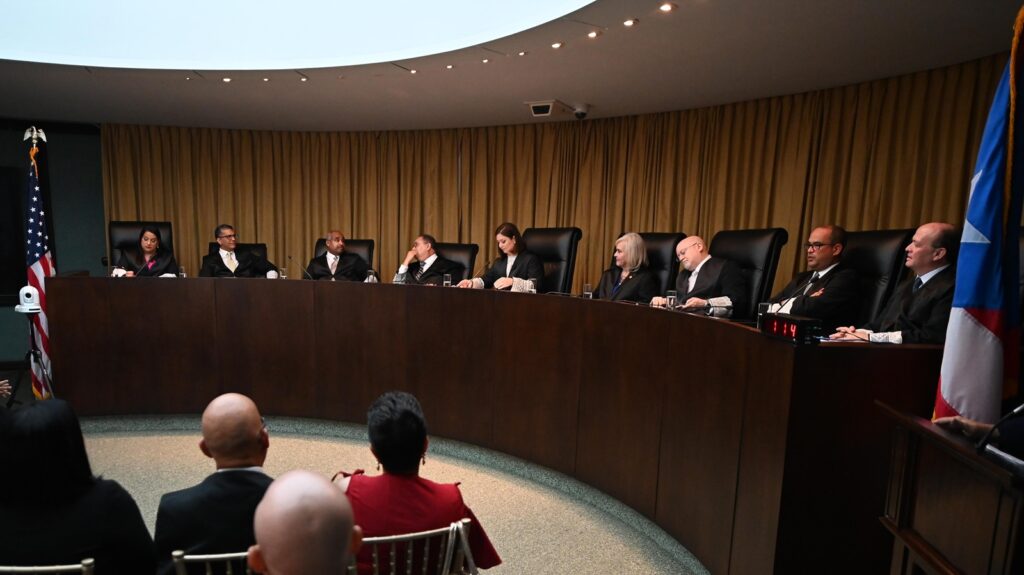
Comentarios {{ comments_count }}
Añadir comentario{{ child.content }}